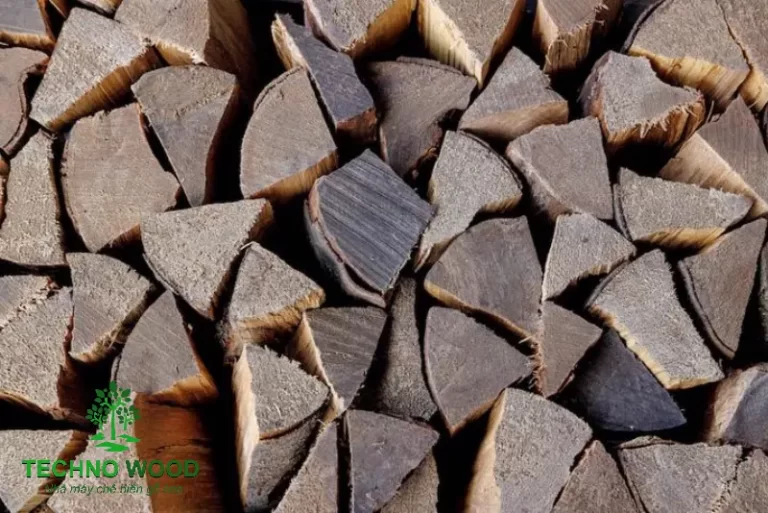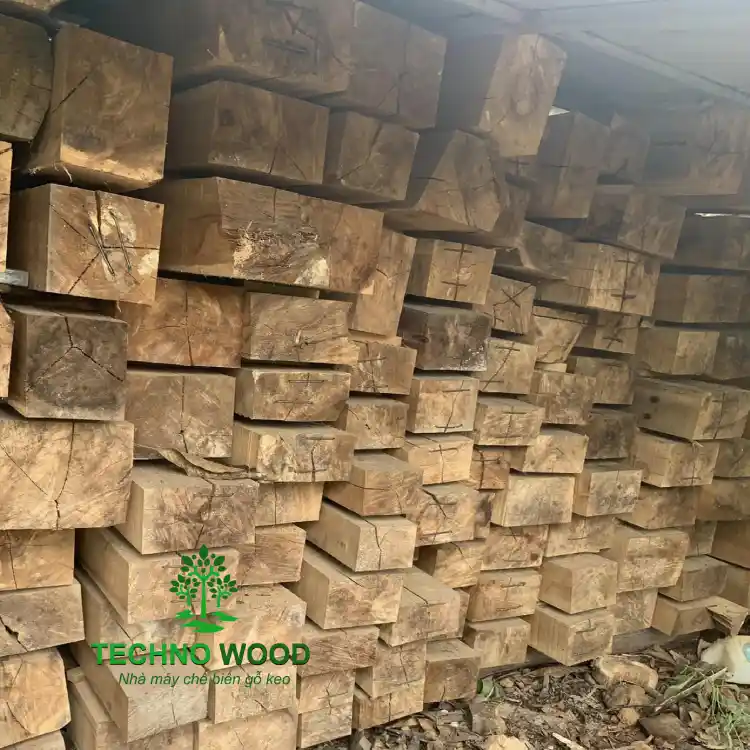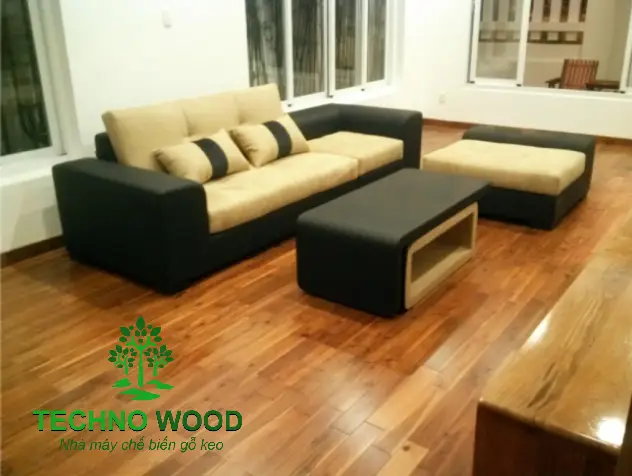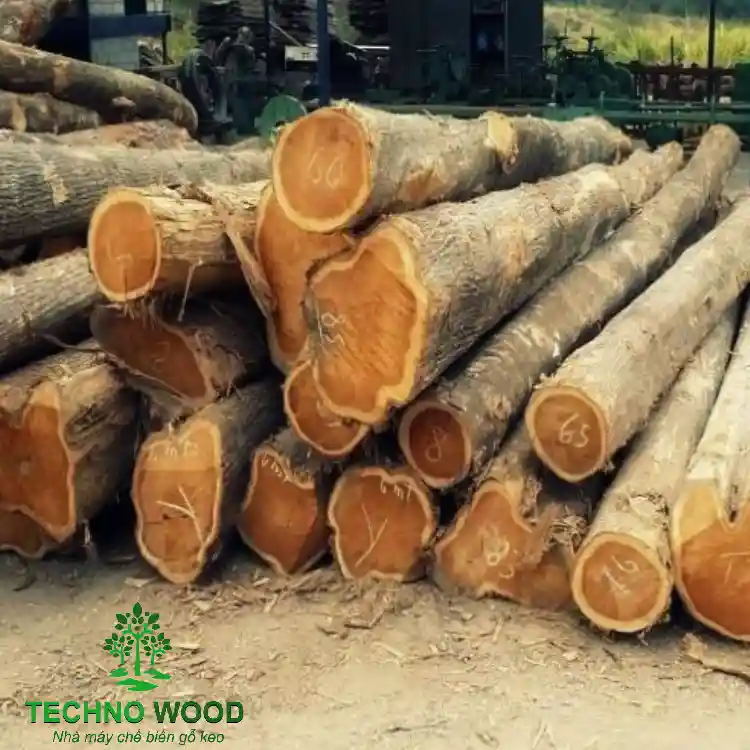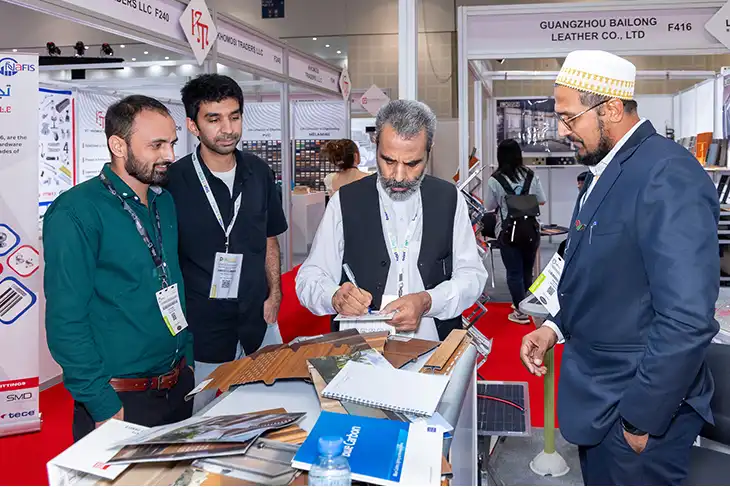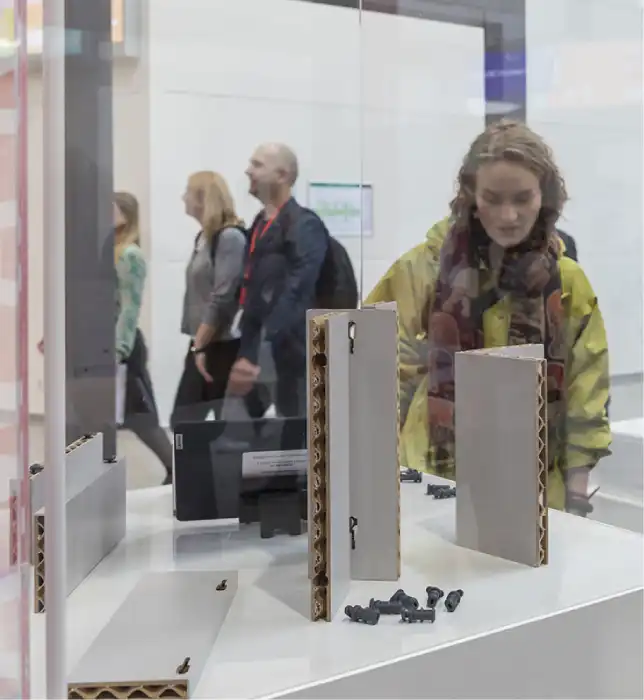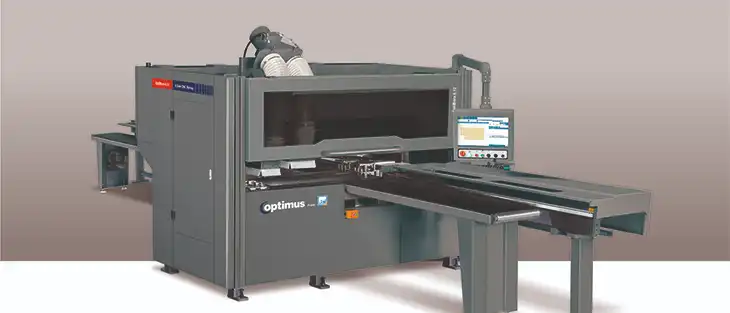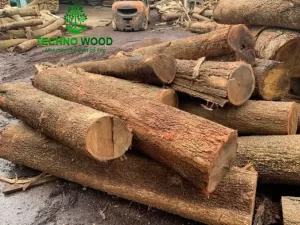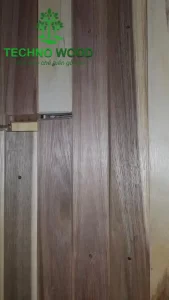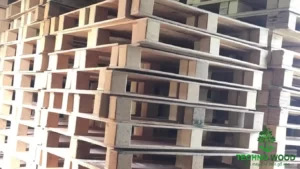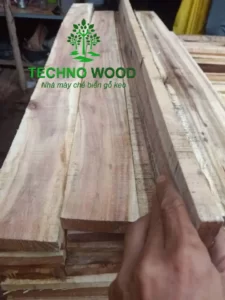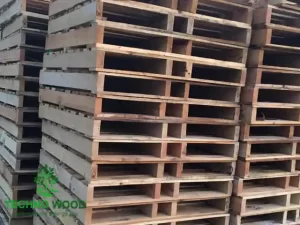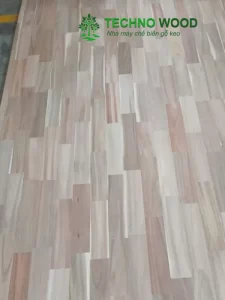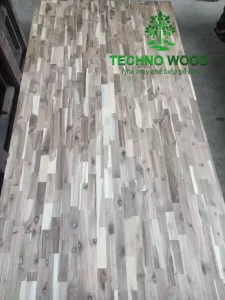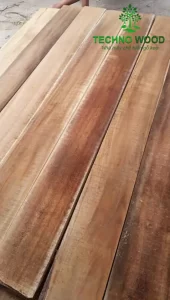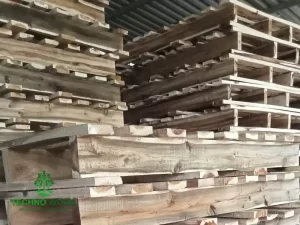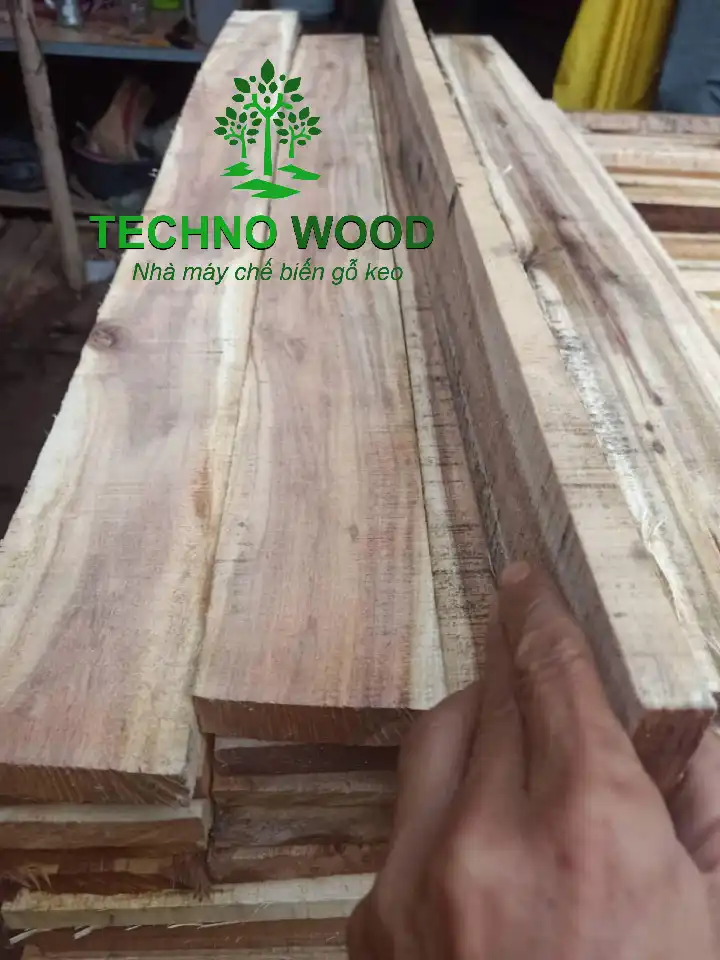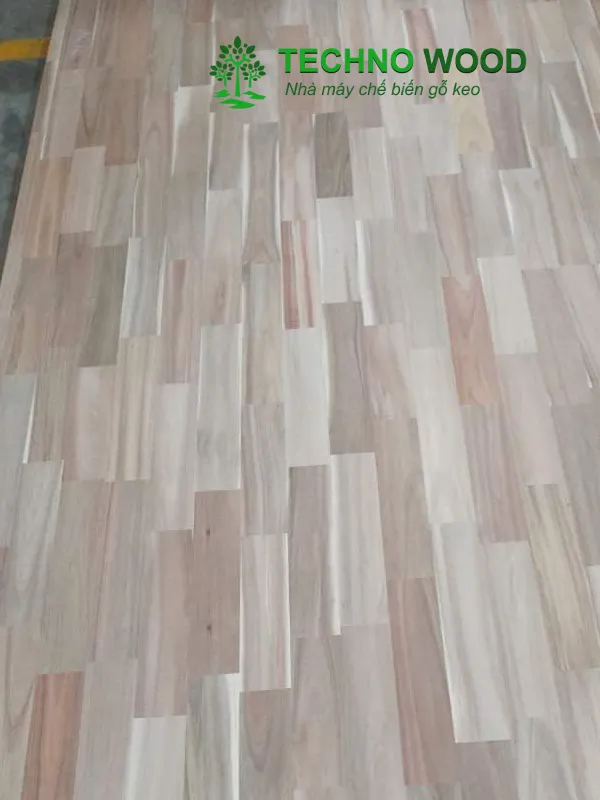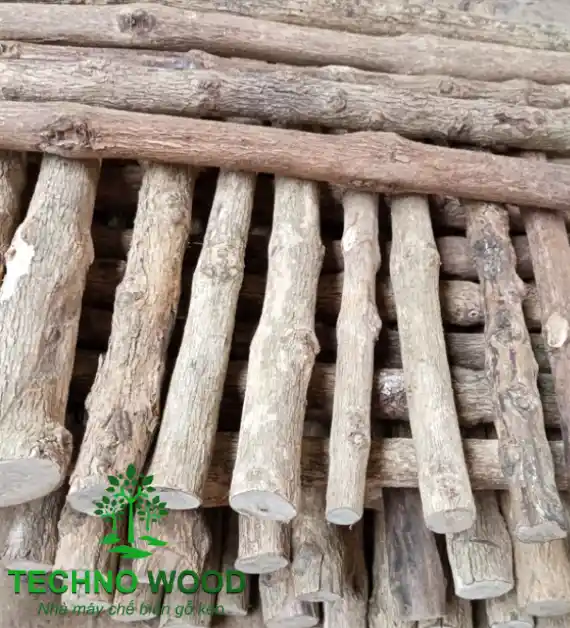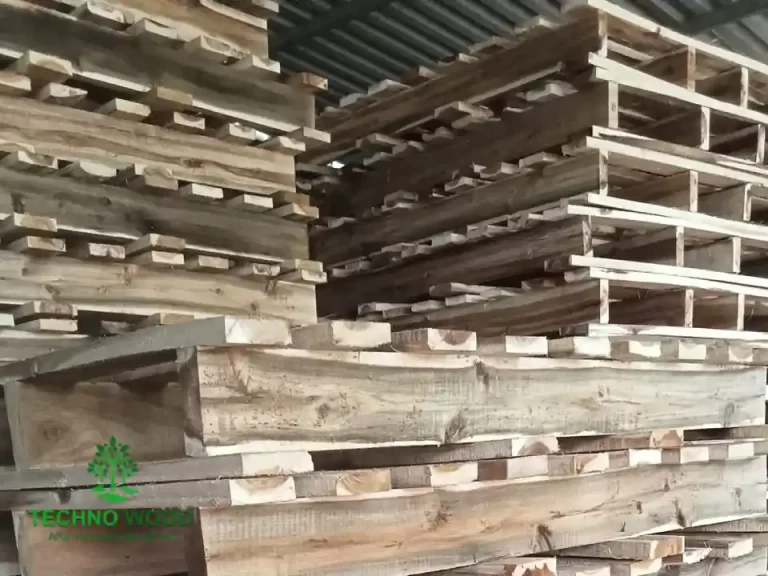As the wood industry evolves, manufacturers must embrace sustainability beyond just production. Egger Wood Products, a global company with a facility in North Carolina, integrates responsible sourcing, efficient manufacturing, and circular economy principles into its comprehensive environmental strategy.
Responsible Sourcing
Egger prioritizes ethical and sustainable wood procurement by sourcing 100% verified legal and controlled materials. The company emphasizes using recycled wood and sawmill by-products, minimizing waste and supporting the circular economy.
For fresh wood, Egger ensures regional sourcing from certified forests, complying with national forestry laws and certification standards to maintain biodiversity and forest regeneration. Rigorous due diligence and third-party audits, including ISO 38200 verification, further reinforce the integrity of its supply chain.
Sustainable Production
Efficiency is at the core of Egger’s manufacturing processes. The company implements globally recognized environmental and energy management systems, such as ISO 14001 for environmental management and ISO 50001 for energy efficiency.
Egger’s facilities in Germany and the UK have already adopted advanced energy optimization protocols, with plans to extend these practices across all locations. The company’s recent acquisition of Timberpak in Charlotte, North Carolina, marks another milestone in its sustainability journey, reinforcing its commitment to recycling construction and pallet wood.
Circular Economy & Energy Efficiency
By incorporating post-consumer recycled materials, Timberpak reduces landfill waste while supplying high-quality raw materials for Egger’s Lexington plant, enhancing efficiency in particleboard and laminate production.
Beyond recycling, Egger maximizes energy efficiency through biomass power facilities at seven global sites, significantly lowering CO2 emissions. Approximately 75% of its energy-related emissions originate from renewable, CO2-neutral fuels, helping the company prevent around 746,000 tons of CO2 emissions annually.
Health, Safety & Transparency
Egger is dedicated to product safety, particularly regarding formaldehyde emissions. All products comply with the strictest international standards, including European E1 limits and more rigorous regulations in the U.S. and Japan. VOC testing ensures that Egger’s wood-based materials meet high indoor air quality standards without adverse health effects.
Transparency is a key element of Egger’s sustainability strategy. The company provides Environmental Product Declarations (EPDs) detailing the life cycle impact of its products, helping manufacturers, architects, and builders meet sustainability certifications like LEED and BREEAM. Additionally, Egger maintains open communication through environmental reports, third-party certifications, and supplier disclosures.
By committing to responsible sourcing, efficient manufacturing, and transparency, Egger Wood Products exemplifies how the wood industry can drive sustainability, fostering an eco-conscious future. For more details on Egger’s environmental efforts, visit www.egger.com.
Source: woodnews.in




